Exploring the World of Non-Career Diplomats: A Comprehensive Overview
 In the realm of international relations, diplomats are the linchpin for fostering understanding and maintaining peaceful cooperation between nations. While career diplomats serve as the stalwarts of diplomatic services, a less-explored yet vital group of non-career diplomats, including honorary consuls, special envoys, and ambassadors-at-large, share the stage. This article delves into the world of non-career diplomats, illuminating their roles, advantages, disadvantages, and the challenges associated with pursuing these prestigious positions. Through this exploration, we unveil the significance of their contributions to global diplomacy.
In the realm of international relations, diplomats are the linchpin for fostering understanding and maintaining peaceful cooperation between nations. While career diplomats serve as the stalwarts of diplomatic services, a less-explored yet vital group of non-career diplomats, including honorary consuls, special envoys, and ambassadors-at-large, share the stage. This article delves into the world of non-career diplomats, illuminating their roles, advantages, disadvantages, and the challenges associated with pursuing these prestigious positions. Through this exploration, we unveil the significance of their contributions to global diplomacy.
In the realm of international diplomacy, non-career diplomats hold essential positions, each with specific mandates and titles. These roles draw on their expertise and influence to advance their home countries’ interests abroad. Below is a concise list of these unique non-career diplomatic positions, each making distinct contributions to international diplomacy.
Nonetheless, diplomatic immunity is granted to all individuals serving in non-career diplomatic positions in accordance with international treaties and conventions. This immunity ensures that they can fulfill their diplomatic functions without fear of legal or law enforcement interference in the host country. It covers a wide range of activities related to their diplomatic duties and is a fundamental principle of international diplomacy, promoting effective communication and cooperation between nations.
Non-Career Diplomats and Respective Positions
| Honorary Consuls | Honorary Consuls represent a state in another state, assisting citizens, fostering trade, culture, and diplomacy. |
| Ambassadors at Large | These diplomats hold special mandates to represent their country on specific issues or in designated regions, focusing on specific policy areas. |
| Special Envoys | Special envoys are appointed for specific diplomatic missions or negotiations, tasked with resolving conflicts, mediating disputes, or advancing key foreign policy objectives |
| Goodwill Ambassadors | Renowned figures from various fields promote their country’s positive image and engage in cultural and public diplomacy, fostering goodwill and understanding. |
| Trade and Commercial Representatives | These diplomats facilitate economic and trade relations by promoting their country’s businesses and exploring opportunities for economic cooperation. |
| Cultural Attachés | Cultural attachés promote their country’s culture and foster cultural exchange, with responsibilities spanning the arts, education, and cultural diplomacy. |
| Religious and Interfaith Representatives | Engaging in religious and interfaith diplomacy, these diplomats facilitate dialogue and understanding among religious communities, promoting harmony and cooperation. |
Roles of Non-Career Diplomats: Navigating Their Diverse Contributions
In international diplomacy, non-career diplomats encompass a diverse group with unique roles. From consular support to cultural diplomacy, these positions significantly contribute to global affairs. The roles of honorary consuls, ambassadors at large, special envoys, goodwill ambassadors, trade representatives, cultural attachés, and religious diplomats are explored below.
Honorary Consuls
Honorary Consuls act as official representatives, bridging nations by supporting citizens, promoting trade, culture, and diplomacy. Their roles have expanded, sometimes including visa issuance and broader authority. Smaller and cash-strapped nations increasingly rely on Honorary Consuls with extensive mandates. These dedicated envoys need recognition, awareness, and protection on par with career diplomats to fulfill their vital roles effectively.
Ambassadors at Large
Ambassadors-at-Large are diplomats with specific mandates to represent their nation in designated regions or on particular issues. They focus on unique policy areas such as climate change or human rights. These diplomats navigate intricate international landscapes, advocating for their nation’s interests and policies in line with their specialized roles, often contributing to global policy discourse.
Special Envoys
Special envoys are diplomatic appointees chosen to tackle distinct missions or negotiations. They serve as troubleshooters and peacemakers, resolving conflicts, mediating disputes, and advancing foreign policy objectives. These non-career diplomats play a pivotal role in navigating complex international challenges and crises, contributing to conflict resolution and diplomacy.
Goodwill Ambassadors
Renowned figures from various domains, like the arts and sports, serve as goodwill ambassadors to promote their nation’s positive image and engage in cultural and public diplomacy. leverage their influence to foster goodwill, understanding, and cross-cultural ties, making them valuable tools in the realm of soft power diplomacy.
Trade and Commercial Representatives
These diplomats facilitate economic cooperation and trade relations by promoting their nation’s businesses and exploring international economic opportunities. They play a vital role in connecting local industries with global markets, fostering economic growth and collaboration.
Cultural Attachés
Cultural attachés actively promote their nation’s culture and facilitate cultural exchange. Their roles encompass areas like the arts, education, and cultural diplomacy. These diplomats are instrumental in showcasing the richness of their nation’s cultural heritage and fostering international understanding.
Religious and Interfaith Representatives
These diplomats engage in religious and interfaith diplomacy, promoting dialogue and harmony among religious communities. They play a vital role in easing religious tensions, advancing interfaith understanding, and contributing to global peace and cooperation. Their work extends beyond traditional diplomacy to address complex issues related to faith and belief.
Advantages and Disadvantages of the Pursuit of Non-Career Diplomats
International diplomacy has expanded to encompass diverse roles played by non-career diplomats, offering unique contributions while facing specific challenges. Below, the seven key non-career diplomatic positions are explored shedding light on their distinct advantages and disadvantages, ultimately shaping the effectiveness of these roles in furthering a nation’s diplomatic objectives.
Honorary Consuls
Advantages
Honorary Consuls, typically from the private sector, gain unique opportunities to access governments, engage in international business, expand their global networks, and make connections that can significantly benefit their careers and private sector endeavors. This role offers a distinct avenue for professional advancement and influence on international business and diplomatic relations.
Disadvantages
However, their effectiveness can vary widely, and in certain cases, they may lack comprehensive training in diplomatic protocol and international law. This variance can result in inconsistent representation and service quality, potentially complicating diplomatic relations.
Ambassadors at Large
Advantages
Ambassadors at large are diplomats with specialized mandates to represent their country on particular issues or in designated regions. They focus on unique policy areas, offering focused diplomacy in areas such as human rights, climate change, and international security.
Disadvantages
These diplomats, while bringing tailored expertise, may sometimes struggle with balancing their specialized role with the broader diplomatic agenda of their home country. Additionally, there can be challenges in coordinating efforts with career diplomats and ensuring consistent representation.
Special Envoys
Advantages
Special envoys are instrumental in addressing specific diplomatic missions or negotiations, serving as troubleshooters and peacemakers. Their nimbleness in resolving conflicts, mediating disputes, and advancing foreign policy objectives is invaluable in navigating complex international challenges.
Disadvantages
However, their effectiveness can be contingent on the clarity of their mandates and the trust placed in them by their home governments. Lack of adequate support or misalignment with broader foreign policy objectives may limit their success.
Goodwill Ambassadors
Advantages
Goodwill ambassadors, often renowned figures from various domains, use their influence to promote their country’s positive image. Their cultural diplomacy efforts foster cross-cultural understanding, bolstering international relations.
Disadvantages
Nonetheless, the reliance on personalities can be fickle, as it hinges on the individual’s reputation and resonance with target audiences. The potential for changing public sentiment or controversies surrounding the ambassador can affect their efficacy.
Trade and Commercial Representatives
Advantages
Trade and commercial representatives facilitate economic cooperation and trade relations, promoting their nation’s businesses on the international stage. They are essential in connecting local industries with global markets, fostering economic growth and collaboration.
Disadvantages
These diplomats may face challenges in balancing national economic interests with diplomatic priorities. Potential conflicts of interest and a singular focus on commerce can raise concerns about impartiality in diplomatic efforts.
Cultural Attachés
Advantages
Cultural attachés promote their nation’s culture and facilitate cultural exchange. Their roles encompass areas such as the arts, education, and cultural diplomacy, fostering international understanding and appreciation.
Disadvantages
While they are instrumental in cultural diplomacy, the impact of cultural attachés can vary depending on the cultural affinity between nations. Additionally, their activities may be limited by budget constraints or changing cultural dynamics.
Religious and Interfaith Representatives:
Advantages
Religious and interfaith representatives engage in religious diplomacy, fostering dialogue and mutual understanding among diverse religious communities. Their work is crucial in mitigating religious tensions and promoting global peace.
Disadvantages
However, their effectiveness may be contingent on the willingness of religious leaders to engage in interfaith dialogue. Political or sectarian tensions can pose significant challenges to their efforts.
Obtaining Non-Career Diplomat Jobs
Securing non-career diplomatic positions is a formidable challenge, primarily due to the highly competitive and selective nature of these roles. The demanding criteria for individuals seeking such appointments include a need for specialized expertise, cultural sensitivity, and a deep understanding of international relations. Moreover, these positions often require exceptional communication skills and the ability to navigate complex diplomatic landscapes.
Beyond the qualifications, candidates must often contend with a limited number of available positions and intense competition from individuals with diverse backgrounds and exceptional qualifications. Therefore, the difficulty in obtaining non-career diplomatic roles underscores the rigorous standards and exceptional qualifications expected of those entrusted with representing a nation’s interests on the global stage.
The selection of non-career diplomats, including honorary consuls, is a complex process that encompasses a wide range of criteria and considerations. Governments, often through their foreign affairs ministries or equivalent departments, are responsible for appointing non-career diplomats. These individuals are typically chosen based on a combination of personal qualities, qualifications, and connections that align with their home country’s foreign policy objectives.
While the specific criteria can vary, common factors include integrity, credibility, local reputation, and the potential to promote trade and economic interests. The citizenship of non-career diplomats can be flexible, with individuals hailing from the sending state, the receiving state, or even third-party countries, depending on the diplomatic needs and bilateral agreements in place. Local knowledge, networks, and connections play vital roles in these appointments, as do potential political influence and specialized expertise. The selection process often includes interviews and may require government endorsement to formalize the appointment.
Non-career diplomats, in a broader sense, serve as representatives of their home countries without following the traditional career path of professional diplomats. They are typically political appointees chosen for their specific expertise, connections, or influence that can further their country’s diplomatic objectives. These individuals can hold various roles, such as ambassadors, special envoys, or representatives to international organizations.
The selection process for non-career diplomats, irrespective of their specific roles, often involves political appointments by their home governments. The criteria for selection can include their experience in areas relevant to the diplomatic mission, personal networks, and their alignment with the government’s foreign policy priorities.
In essence, non-career diplomats play a vital role in enhancing international relations and diplomacy, bringing diverse perspectives and expertise to diplomatic endeavors. Their appointments are influenced by their home country’s foreign policy goals, and they contribute unique strengths to diplomatic missions, fostering connections and cooperation on a global scale.
Conclusion
In conclusion, non-career diplomats play indispensable roles in international relations, offering unique contributions and facing specific challenges. The rigorous selection process reflects the high standards required of those entrusted with representing their nations on the global stage. Their diverse expertise enriches diplomacy in an increasingly interconnected world.
For professional and qualified services for non-career diplomatic appointments, we invite you to visit our website, and book your appointment with our experienced team today
.













